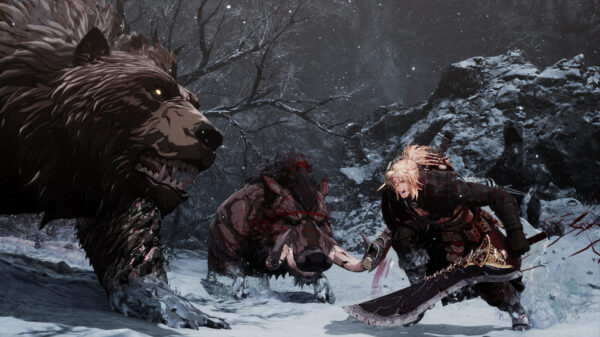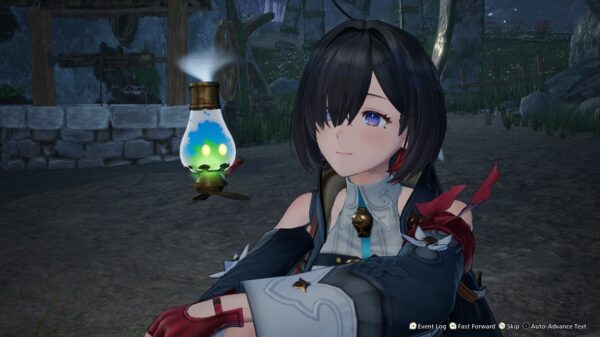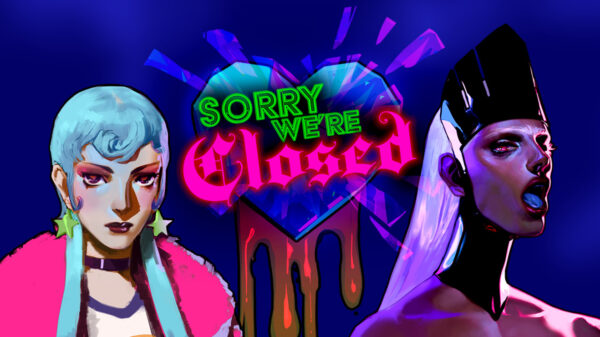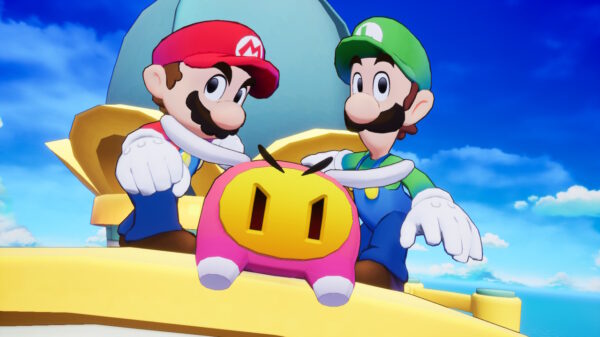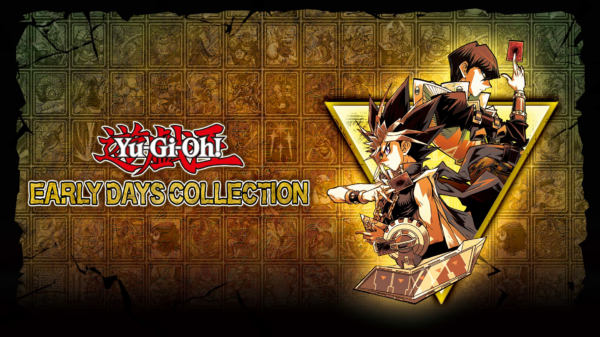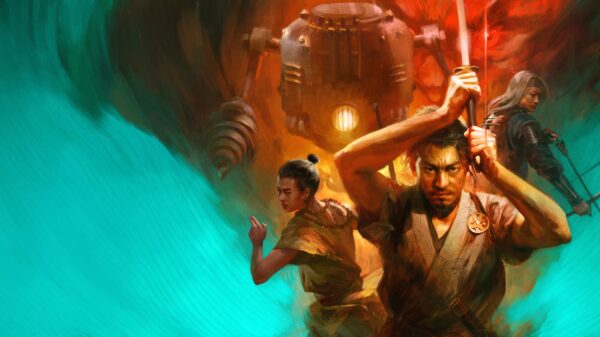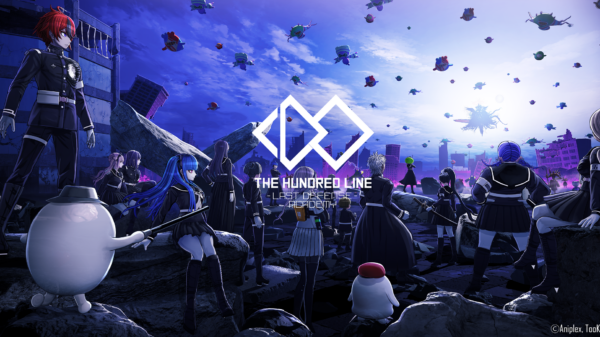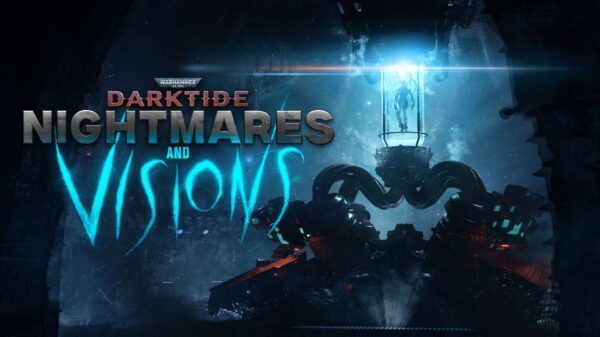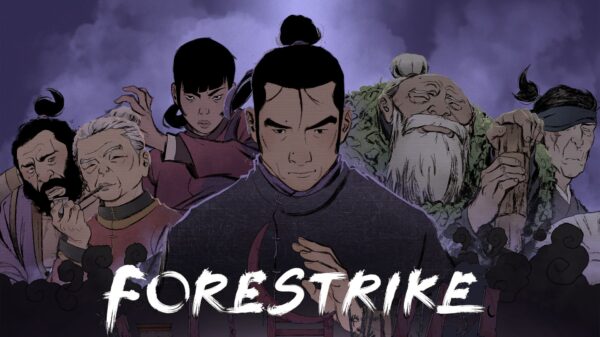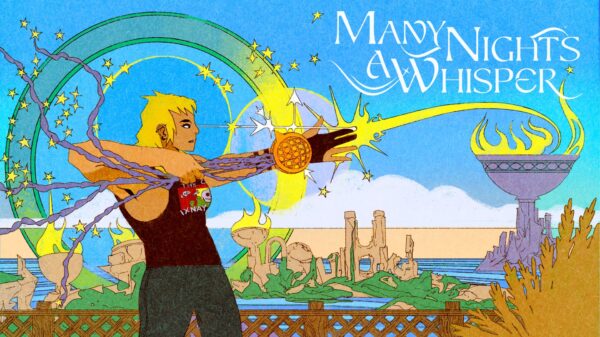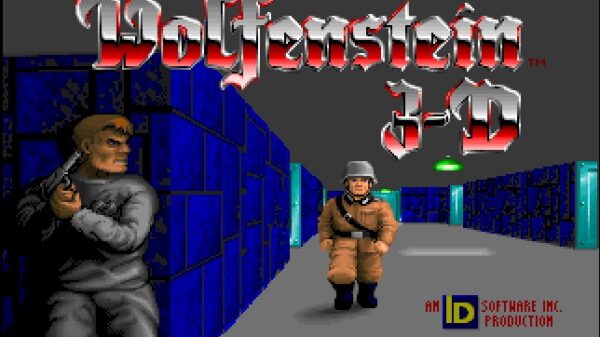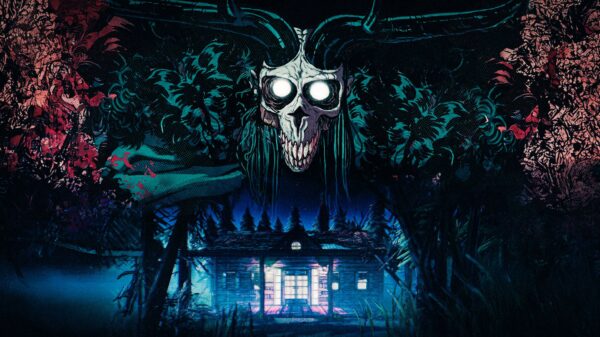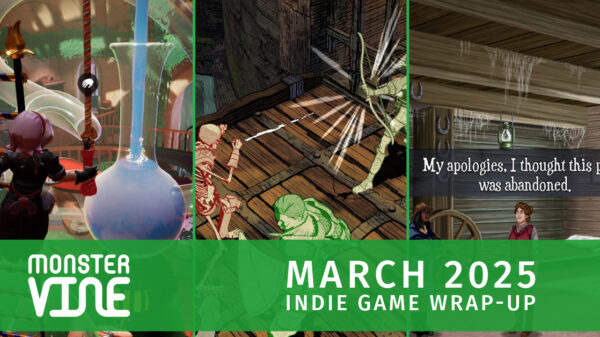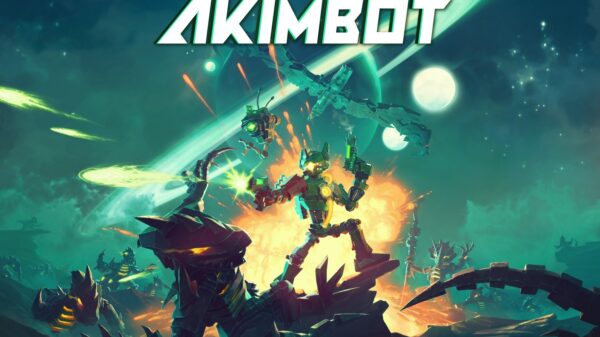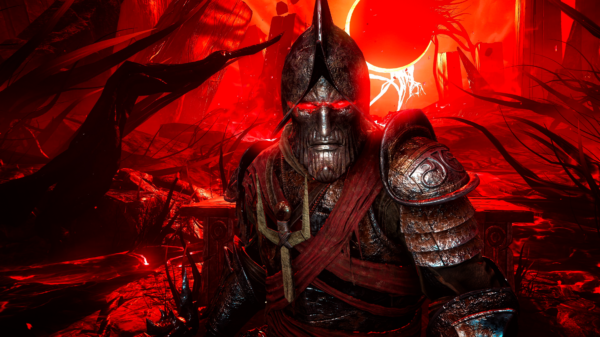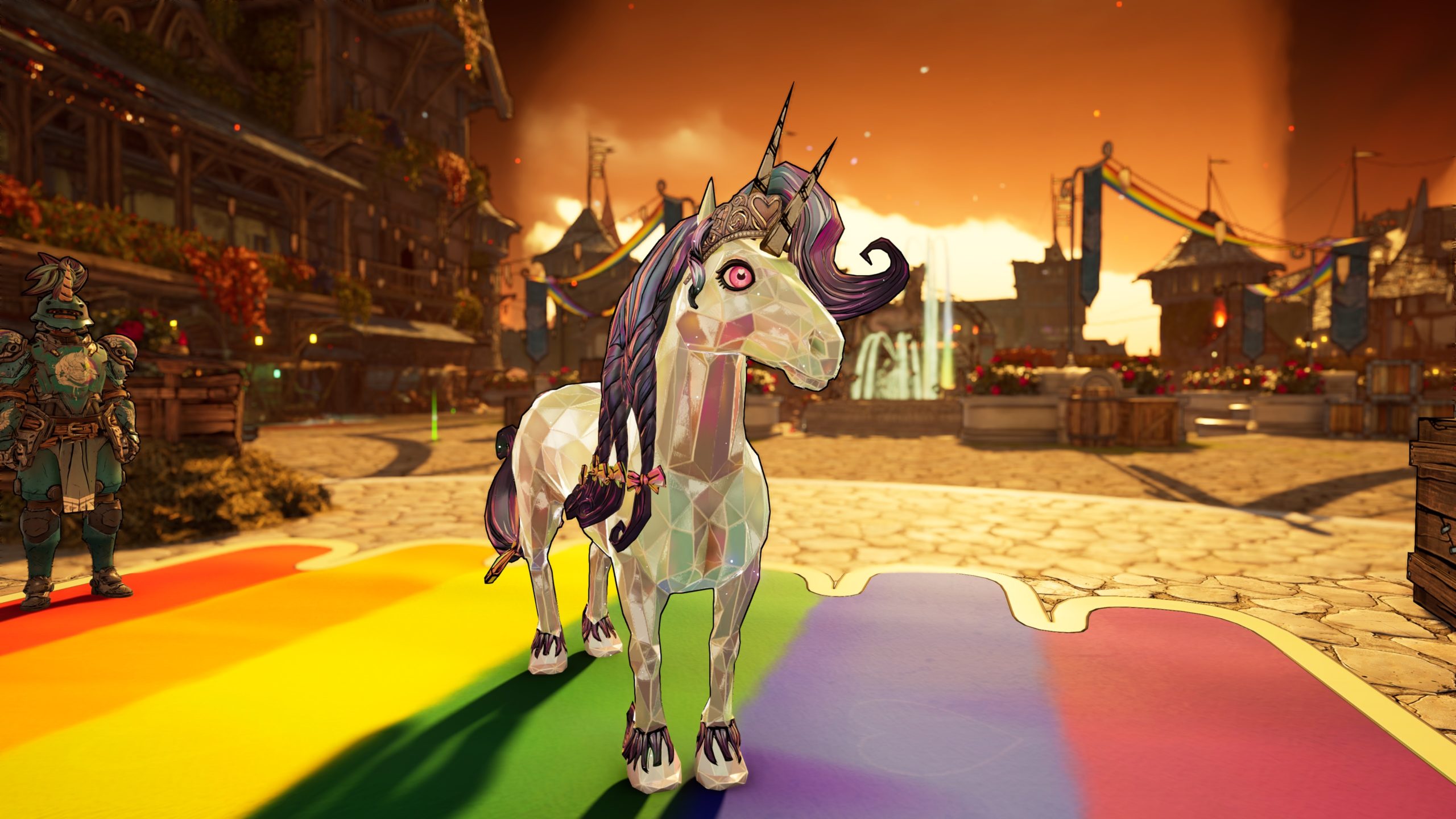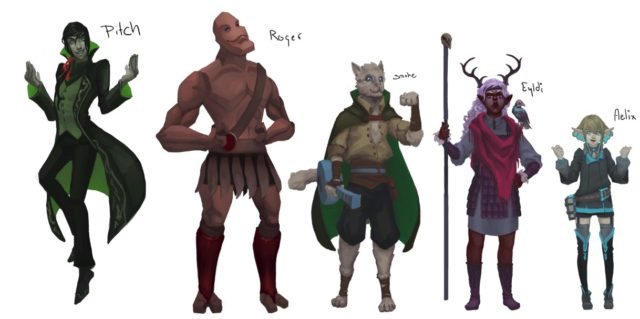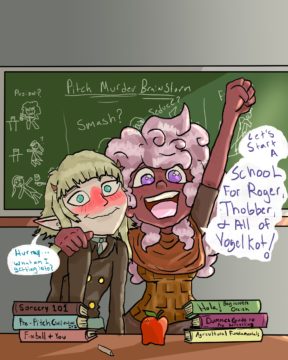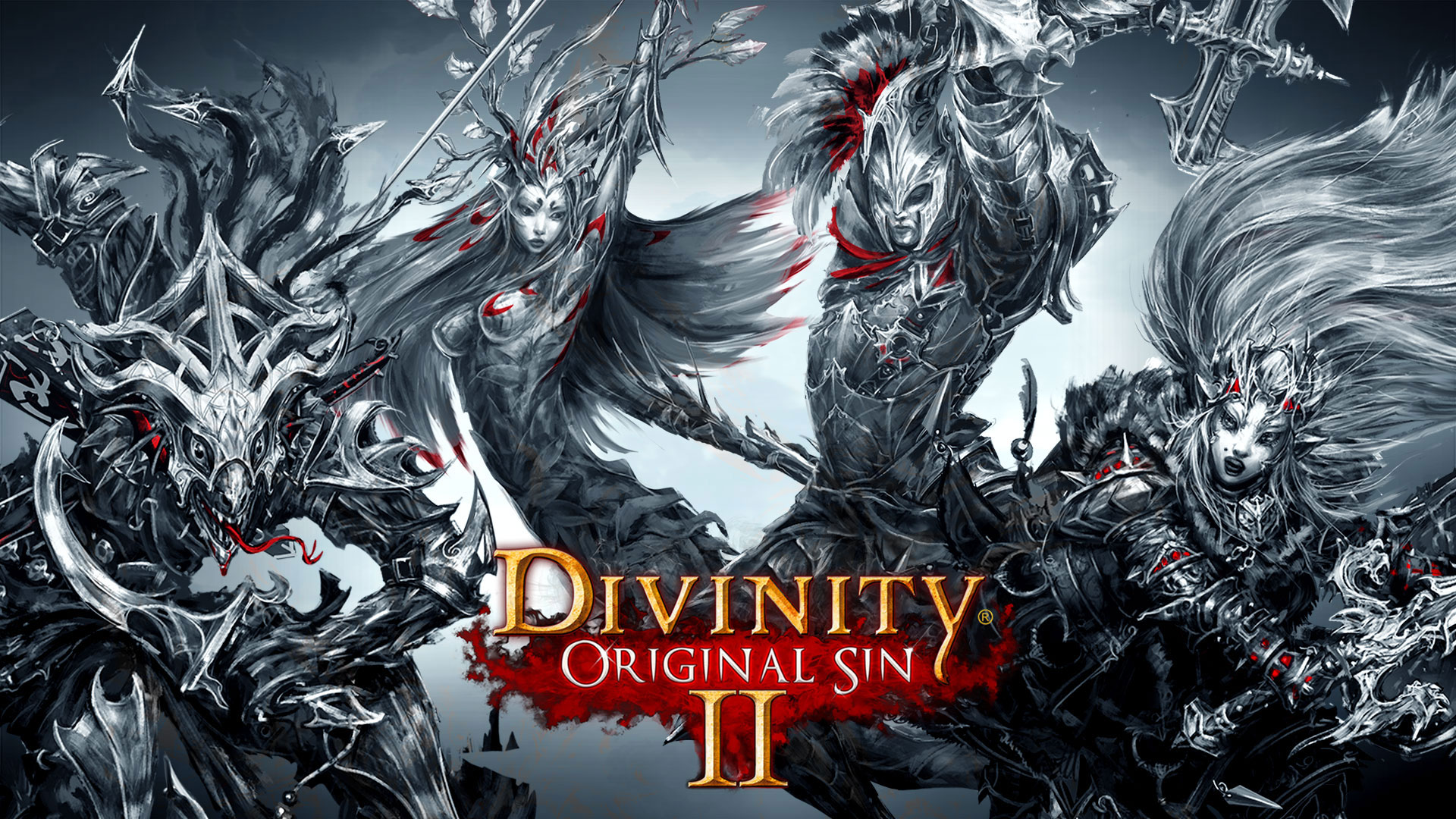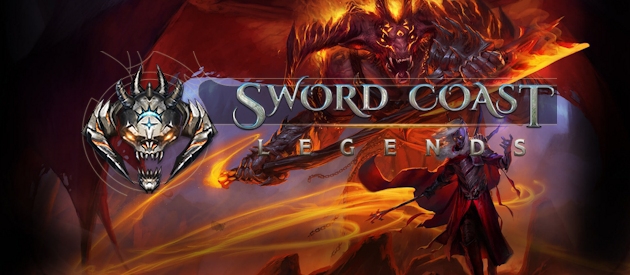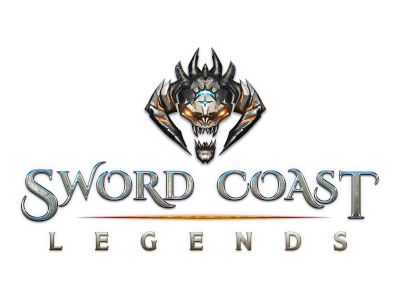Trigger Warning: Gun Violence, Drug Use, Home Invasion, Depression
So a little over a month ago I bought Tiny Tina’s Wonderlands with the intention of reviewing it, and well that didn’t happen. Life kind of came up as it does and I only played sporadically, but I did finally beat it! I was struck by how much I enjoyed it, especially the writing, which I’m usually not a fan of in Borderlands games. The straight faced parody of D&D, a game I love with all of my heart, was incredibly endearing and genuinely loving. Characters try to seduce everything from monsters to drawbridges; quests get derailed by the party finding a background NPC far more fascinating than the quest giver. Normal D&D parody stuff, but with that in-your-face attitude that usually comes with Borderlands and elevated by the performances of Andy Samberg and Wanda Sykes who sort of act like a Greek chorus to your shoot & looting. Again, normal parody stuff, but beyond that, I found something I genuinely resonated with, as Dungeon Master and a person.
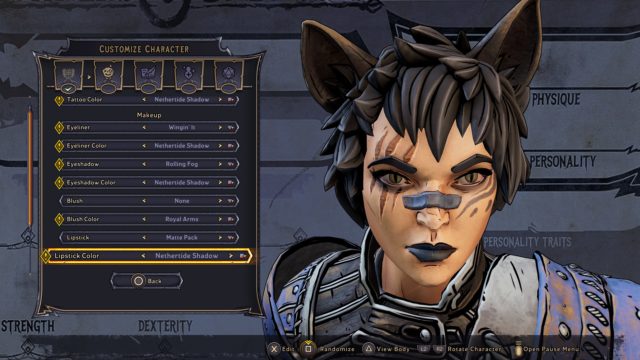
Whisker, the Gruff catgirl Brrzerker
In between the gunplay and the humor, there are quick glimpses into the life of Tiny Tina. We see her casually comment on her loneliness, her fears, and her wants before quickly returning to her more outrageous persona. At one point Andy Sandburg’s Valentine reaches out only for her to rebuff him. This is a continuation of the themes Gearbox explored in the Assault on DragonKeep, the Borderlands 2 DLC this game is based on. In that Tiny uses Bunkers and Badasses as a means to explore the death of Roland; a central figure in her life; and what he meant to her. For her, the game is an outlet, a place to share emotions she clearly doesn’t want to say out loud, but desperately wants to share. It’s a feeling I know all too well.
5 years ago my family went through a horrible tragedy, something that felt inevitable but still stung due to the horror and betrayal that came with it. On Halloween night 2017, my sister was shot in the head in a home invasion. Her children were in the room, one of which was in her lap at the time. I don’t remember much from the night, simply getting a frantic call from her fiance’s Mom on the voice mail and then driving to the house the next day. I spent 8 hours of that day sitting on a curb just watching. It came in flashes after that. The police cars. The media circus and neighbors that surrounded the house. The PJ Mask costume soaked in blood. Two little boys whose lives were forever changed, the innocence ripped from their eyes.
In the days and weeks that followed, we found out that they had been selling drugs out of their home, that the drugs were likely the reason for the home invasion, and that my sister survived. Different, but alive.
My sister has always had a strong relationship with drugs, she’s an addict, and I wish I could say that stopped after the accident but it hasn’t. I don’t fault her for it, and I never have held that against her, addiction is a horrible disease. But her actions have punctuated my family’s life since I was a child. She stole my parents’ wedding rings, she abused my sister and I’s naivete, and once she nearly ran me over with a car while attempting to steal my mother’s checkbook. I hoped that she had kicked her habits after the birth of her children, that she finally found something outside of pills, but it was crushing to find out that she just got better at hiding it.
My life path was altered and I felt trapped in a cycle that felt like it had been happening my entire life. I was a month away from college graduation, but suddenly what I wanted in life didn’t feel as important. I moved back in with my parents, dedicated to helping them take care of the boys, putting my life on the backburner for their sake. All the while anger and frustration grew in me. So much like Tina, I turned to tabletop.
In life I was aimless and broken. But D&D gave me a place where I was in control. So I created a world, deliberately broken like how I view myself. A mad god had shattered it, sending the party careening into the future where they could try to pick up the pieces. If that sounds like Samurai Jack, well that’s exactly what it was. I wanted to make a setting where I was free to do whatever I wanted, where the party could defend a village of Kirby like creatures one session and fight biomechanical monsters in a cyberpunk city the next. It was never meant to be much more than an escape until it wasn’t.
At first it was wonderful, just something fun, where heroes could right wrongs easily and every other session wrapped up in a nice bow that led onto the next adventure with little consequence. Somewhere along the way though, my mad god, Lord Pitch, stopped being a charming jerk and became a reflection of how I viewed myself internally. A vessel for me to lash out and punish myself for the grief and anger I had towards my sister. In my head he was some obstacle that needed to be overcome, that if the players killed him in the game it would absolve me of how I felt in real life.
The big bad of Wonderlands is The Dragonlord, voiced by the always wonderful Will Arnet, who at first acts like your traditional Borderlands BBEG, making wry comments on your exploits. But then he shifts. He comments on how cliche the game is, how basic Tina’s quest design is, claiming to the player that he’s somehow broken from Tina and gained his own consciousness. That he’s here to take his vengeance on her and the player if they get in his way. Her former character from a previous game, gone bad here to take it out on everyone else.
As the Dragonlord starts to take more control over the game, Tina begins to lash out more, arguing with her players. Growing bitter and fearful over how they view the game and her. A feeling I know all too well. Placing so much of something of yourself into something consciously or not, it begins to feel like a part of you. Any negative feedback feels like a personal attack. It can make it feel all consuming, your everything. People can swear they’re having a good time, but deep down it feels like they’re lying. And the very thing you started the game to avoid becomes what the game is all about.
Control and self hate are a nasty combination. Somewhere in all of this, I stopped thinking of D&D as a collaborative game. I grew resentful of players when they broke “my” game. I stopped thinking of them as co-story tellers and merely as actors in a meticulous play I was making. I forced the game on them wherever we had the opportunity to hang out. Nothing else mattered to me but the game. My absolution.
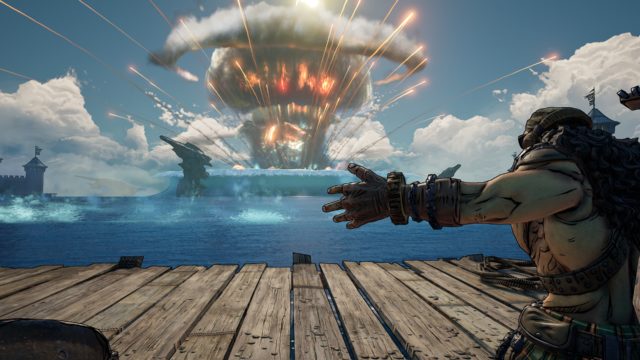
A perfect representation of my emotions in the moment
In Wonderlands we find out that Tina has used the Dragonlord as the antagonist of nearly every game she’s ever run. That he was her first character that made a terrible choice to kill thousands of people in the name of justice. That he became “Evil” in doing so according to her first BM, Roland of all people. The Dragonlord is her pitch, her feelings made manifest. His actions try to undermine the game born of her insecurities and fears, ready to die and die again until the hurt goes away. In the final moments of the game though, the player spares him, giving him the chance to be good again. Breaking Tina’s expectations of what Bunkers and Badasses can be and hopefully giving her a new way of dealing with trauma.
In art regardless of form or purpose the artist puts a piece of themselves on display to be judged, felt, loved, hated, feared, wanted, and liked. In most forms this is a one way street, the artist leaving it up to the audience for interpretation, rarely sharing how each one feels. TTRPGs, yes they’re art, like all collaborative artforms are the combination of multiple viewpoints, multiple feelings that stretch inward and outward at the table. You’re not just sharing a piece of yourself with someone, they’re also sharing it with you. It’s about a group of people creating something together.
This can be incredibly healing or destructive like any other piece of art, and somewhere along the way we can get lost in that healing process and taint it. You can lose track of the collaborative nature, and lose track of the purpose of the game, especially with all the “power” a DM is given. You have to recognize when we’ve reached that point and mend what we break. Sometimes if we’re lucky we get some help to realize that.
So how’d it turn out for Pitch? As with most long running games it never ended, there was no climactic confrontation with Lord Pitch like I envisioned. Scheduling became an issue, people moved, and relationships blossomed. Life just got in the way. But in those hours spent at the table rolling dice and making jokes, I want my party to know: the Daring Dragoons had accomplished what they always meant to do. Pitch was defeated, he found the peace he so craved. Light had returned to the land. The war was brutal and left its scars, but the ground is fertile and ready for the next group of heroes, carrying on the legacy of those who came before. Thank you for everything.
So, uh thanks for helping me realize that Tiny Tina, I hope you’re doing better too.

